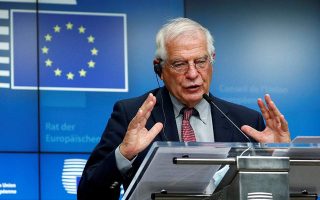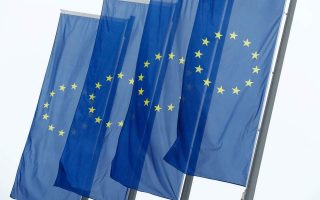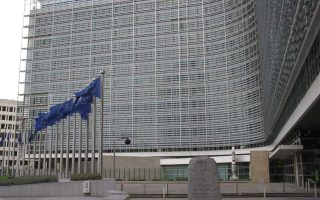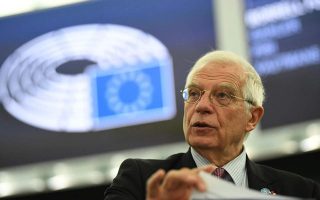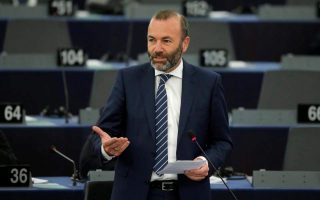As EU mulls sanctions, Turkey defiant
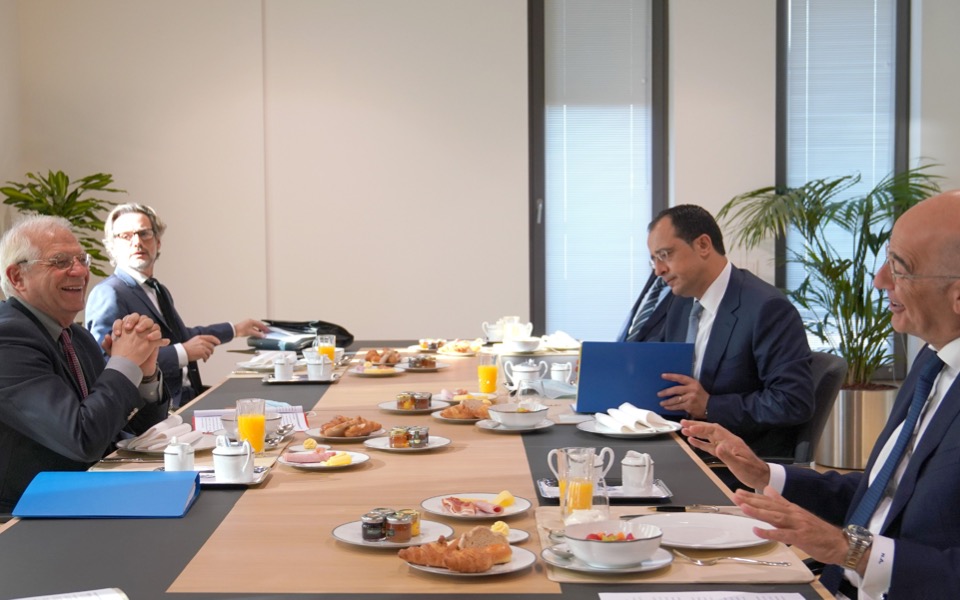
The European Union is seeking ways of imposing sanctions on Turkey in the event that its transgressions in the East Mediterranean are scaled up, and in the wake of its decision to convert Hagia Sophia into a mosque.
According to well-informed sources, those sanctions are likely to include the cessation of accession talks with Ankara and of funding, as well as the revocation of its customs union agreement with the bloc.
EU foreign affairs chief Josep Borrell on Monday called on Turkey to “urgently reconsider and reverse” its decision to change the status of the former Byzantine cathedral in Istanbul. “This decision will inevitably fuel the mistrust, promote renewed division between religious communities and undermine our efforts at dialog and cooperation,” he said after a summit of EU foreign ministers.
Turkish Foreign Minister Mevlut Cavusoglu held is ground, however. He said Ankara would inform the United Nations cultural body UNESCO about the steps being taken to convert Hagia Sophia. He also accused Greece of being “the only country without a mosque in its capital” and referred once again to a “Turkish minority” in the northern region of Thrace where, he claimed, Turks were being persecuted.
Accusing Greece of “maximalist positions,” Cavusoglu said that Turkey had every intention of proceeding with its plans for energy exploration in areas delineated by the Turkey-Libya maritime border memorandum, which includes areas of the Greek continental shelf.
Cyprus President Nikos Anastasiades is due in Athens on Tuesday for talks with Prime Minister Kyriakos Mitsotakis that are expected to focus on Turkey’s activities in the East Med that have already encroached on Cyprus’ exclusive economic zone.
Turkey’s decision to convert Hagia Sophia into a mosque sparked more objections on Monday. German government spokesman Steffen Seibert expressed “regret.”
Meanwhile the Holy Synod of the Church of Greece said the monument would become “a symbol of division and fragmentation.”
